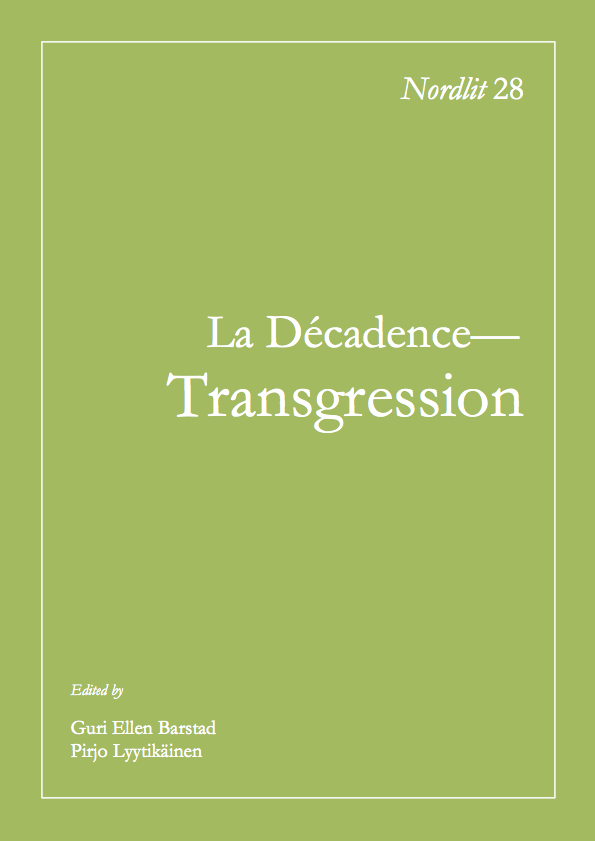Le mage comme métaphore de l'écrivain: le cas de Joséphin Péladan
DOI:
https://doi.org/10.7557/13.2037Keywords:
Péladan, Mérodack, décadence, mage, magieAbstract
Joséphin Péladan, author of Décadence Latine and also founder of the Rose+Croix du Temple et du Graal Confraternity, represents from various angles the symbol of that cultural atmosphere which characterizes the end of the nineteenth century. As he stigmatizes the moral and cultural decline of his contemporaries, Péladan creates the character of Mérodack the Magus, described as a supreme being that arises above the bourgeois mediocrity and who, thanks to a self-sublimation process based on will-power, according to the outlook already traced by Eliphas Lévi, not only can redeem himself, but also can show the direction for a shared redemption. However, as a matter of fact, the solipsistic and narcissistic attitude of the Magus ends by overwhelming any social temptation. In this path which shows preferential connections between literature and occultism, the Magus, former other self of the author, his double in the mirror, as their physical resemblance and the interchange of names prove, rises to the metaphor of the writer: both committed to a self-referring dimension, they transgress the bourgeois rules of productivity by changing magic and writing into an ascesis, a self-commemorative operation only consecrated to the ego. This idea of magic, conceived as a metaphor of writing as well, as a hermetic and mystic operation appears, in conclusion as the utmost accomplishment, daintily decadent, of Mallarmé's poetry conception, just a supreme act, which is to find the reason of his own existence solely in itself.









